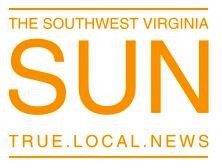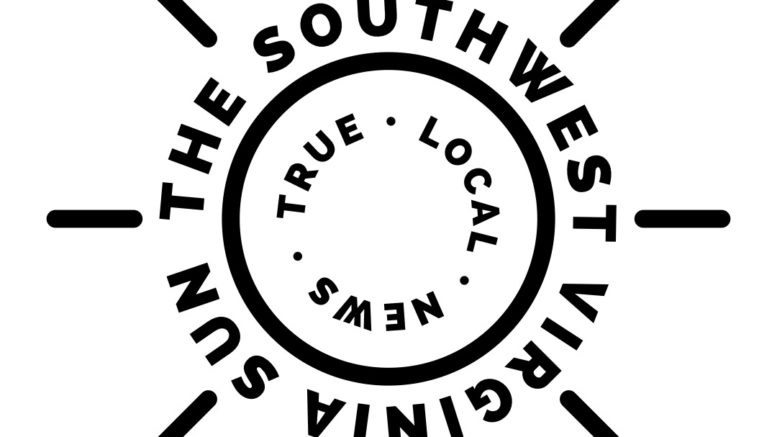A genealogical article written by William A. “Bill” Veselik, Archivist for the F.B. Kegley Library at Wytheville Community College, has been published by the Wisconsin State Genealogical Society in its July 2021 newsletter.
The article, entitled “From Bohemia to Wisconsin: One Extended Family’s Journey to America,” details the origins of the Veselik and Herout families—the author’s own direct ancestors—who left Eastern Europe for America in the fall of 1884 and settled in the Racine area of southeastern Wisconsin. The article also includes genealogical information for the first several generations of Veseliks, including the families of the author’s great-grandfather, Tobias Veselik (1854-1949), and his older brother, John (1842-1915). The Herout family immigrated with Tobias Veselik and his wife, Anna. She was a Herout by birth and her parents and four siblings also came to America in 1884. A separate section of the article addresses the Herouts and their non-Veselik descendants.
“I was very pleased when the Wisconsin State Genealogical Society agreed to publish my article,” said Veselik. “I first began researching my surname about 1977 or 1978 when I wrote away to Wisconsin for my great-grandfather’s death certificate. That began a long search for my Veselik family’s home village in Bohemia, which later became Czechoslovakia. Little did I know at the time, that no one still living in the U.S. had any idea where my family came from in Bohemia. It wasn’t until I discovered that my great-grand-uncle John Veselik’s headstone in Wisconsin actually recorded the name of his home village. From that point on it was years of dealing with the Czech Embassy in Washington, D.C., hoping that research done by archivists in Czechoslovakia would find my great-grandfather’s birth certificate. But it did finally happen.”
The author adds that in the 1980s and 1990s, the only way to research families in Eastern Europe was to pay archivists to complete the work overseas. “A researcher was required to apply for genealogical information through the then-Czechoslovak Socialist Republic’s official embassy in Washington, D.C. After a wait of six months or more, you received a letter from the embassy asking you to remit the required research fee. Once the embassy received your check, you were sent a report that was written entirely in the Czech language. The next step was to find a native speaker and pay that person to translate the document for you from Czech into English. Nowadays, however you can find digital copies of Czech birth, baptismal, marriage, burial and census records from the 1600s to the early 1900s that are online. The only problem is, depending on the age of the record, you have to be able to read Latin, German, or Czech in order to decipher the information. I can’t read any of those, unfortunately,” Veselik laughs, “so I have to rely on being able to read names, dates, and places only. It doesn’t help that many of the people—mostly old Catholic priests—who kept the hand-written records were awful scribblers.”
The other issue in dealing with the online Czech records is pinpointing the location of where the information is stored, said Veselik. “You have to know the name of your ancestor’s home village, their religious affiliation, and then you have to figure out in which parish books their information was recorded. The Veseliks and Herouts were from the County Usti nad Orlici area of eastern Bohemia, but, the events of their lives were sometimes spread over several books that are not indexed in the same online location. Also, the Czech archives do not yet have all years covered digitally for all counties. Sometimes it’s hit or miss,” he added. “Usually—if the records are actually there for the village you need—when you finally locate what you think is the baptismal record of your ancestor you call up the digitized page only to find that the record-keeper’s handwriting was so atrocious you can barely make out the names, let alone any of the other recorded details. But that’s just part challenge of genealogy. I really wish I could go back in time and tell the people who kept these records to please print everything clearly.”
The information about the descendants of the Veseliks and Herouts outlined in Veselik’s article came from birth, marriage, and death records, as well as extant newspaper marriage and obituary reports. The 20-page article is fully documented with footnotes. “Having researched these families for so many years,” explained Veselik, “I knew and had corresponded with many of my cousins about their extended families and I collected lots of information about their children and their children’s children. The original cousins are all mostly gone now, but I still have my correspondence with them.”
Veselik said that his late father, Robert G. “Bob” Veselik, visited the Racine area about 1950 during a trip to Chicago where he was speaking at his college business fraternity’s national convention. While in Chicago, the elder Veselik visited with his paternal aunt and met some of his cousins. Then, in the early 2000s, while his wife was attending a national convention in Chicago, the younger Veselik visited in the Racine home of one cousin his father had met five decades earlier. He also visited the cemeteries where his Veselik and Herout ancestors are buried. “Oddly enough,” said Veselik, “I met one of my Dad’s other first cousins right in Marion, when I was the editor of the paper in the late 1980s. He was on his way from Wisconsin to spend the winter with his daughter in Florida and he stopped in Marion at the newspaper office to say hello. It was the only time I ever met him in person, although we corresponded for many years. The tragedy of the event was that my parents were out of town at a doctor’s appointment and my Dad missed meeting that cousin for the first and only time.”
Genealogical articles written by Veselik have been published previously in the Magazine of Virginia Genealogy and his articles on historical events and local families have been published in the Smyth County News & Messenger. He holds a bachelor’s degree in history from Virginia Tech and worked as public relations coordinator for Wytheville Community College before he retired and became the archivist for the F.B. Kegley Library at WCC in 2015.




